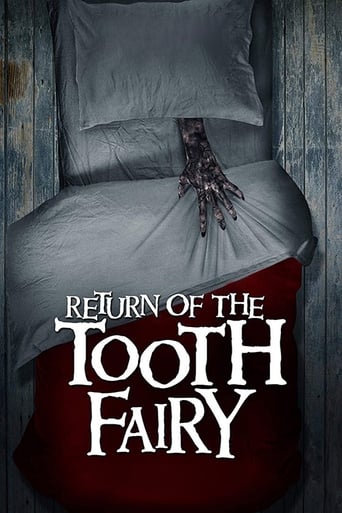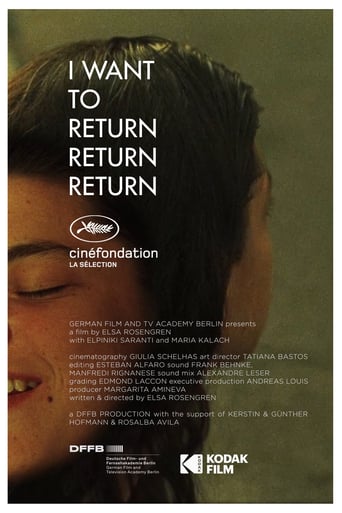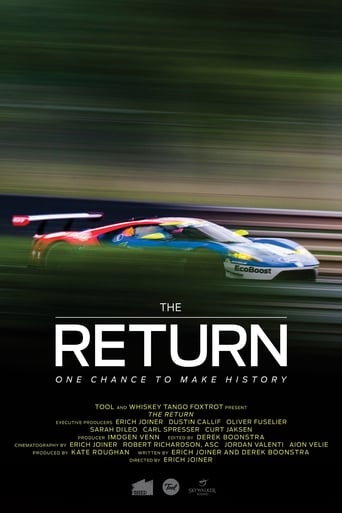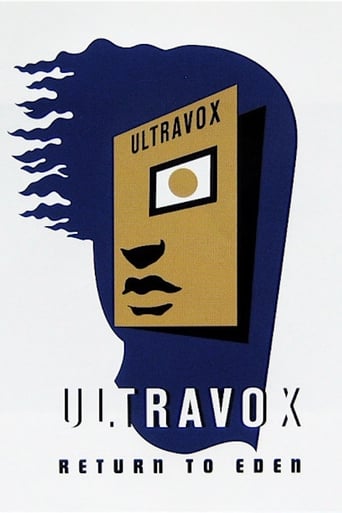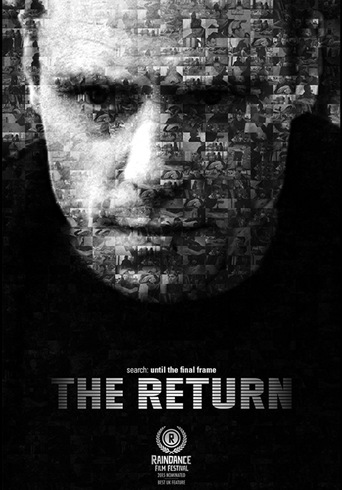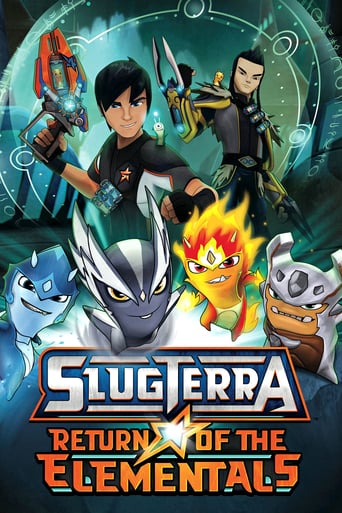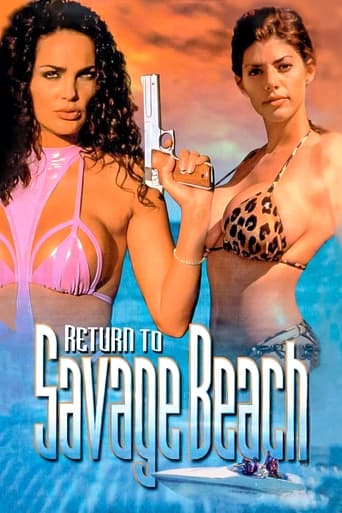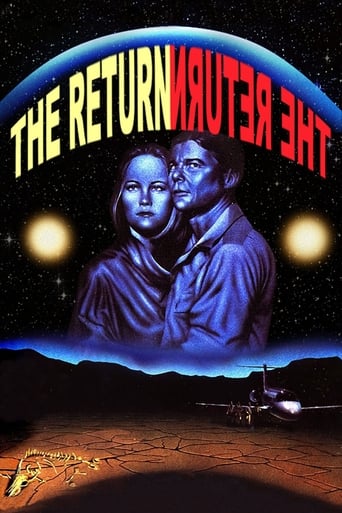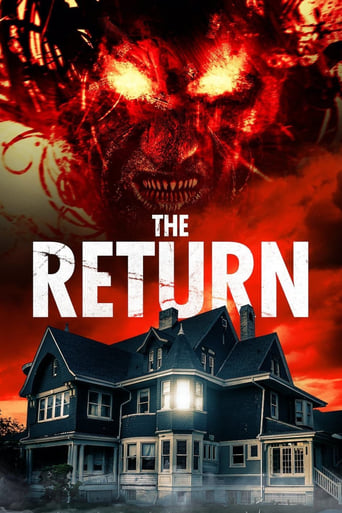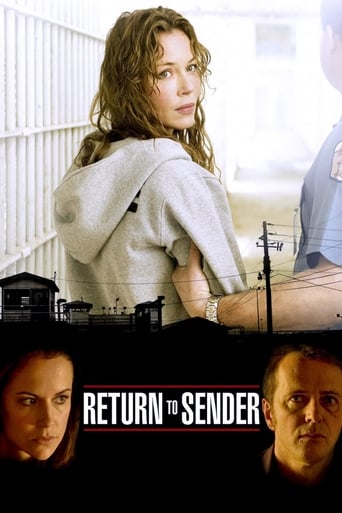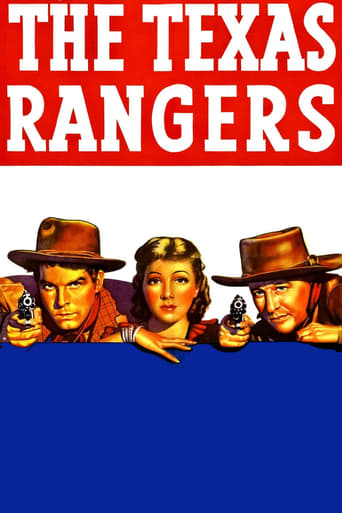


The Texas Rangers
Two down-on-their-luck former outlaws volunteer to be Texas Rangers and find themselves assigned to bring in an old friend, now a notorious outlaw.
-
- Cast:
- Fred MacMurray , Jack Oakie , Jean Parker , Lloyd Nolan , Edward Ellis , Benny Bartlett , Frank Shannon


Similar titles
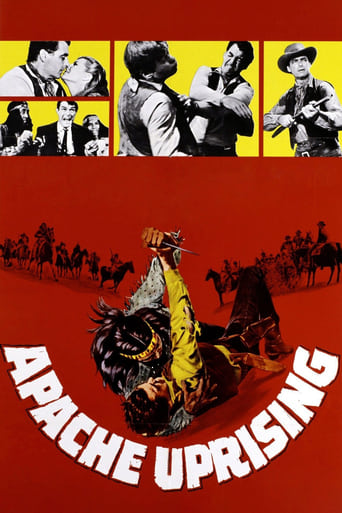
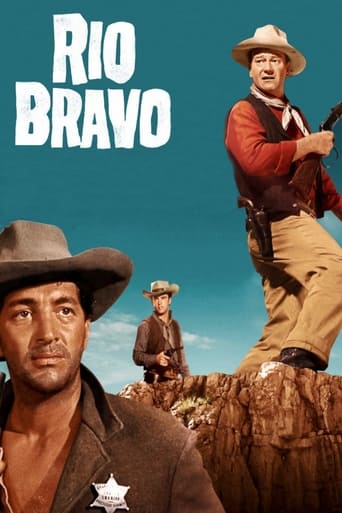
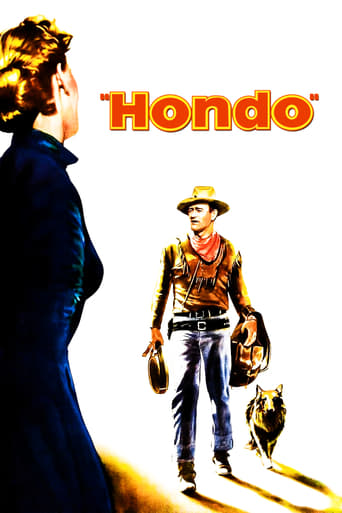
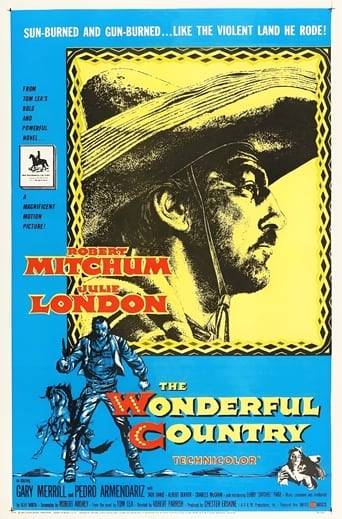
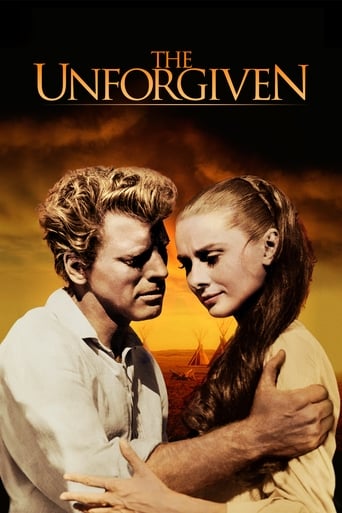
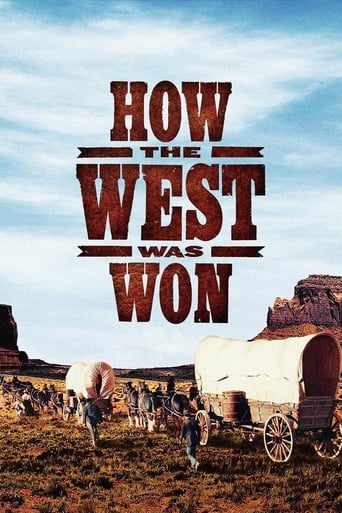
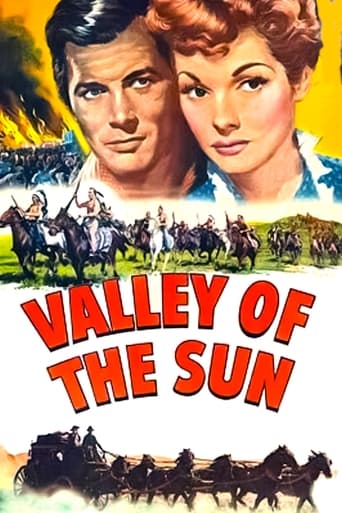
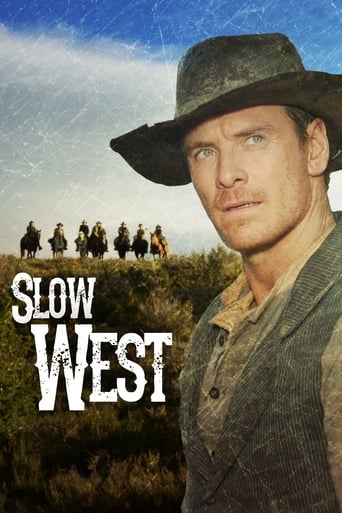
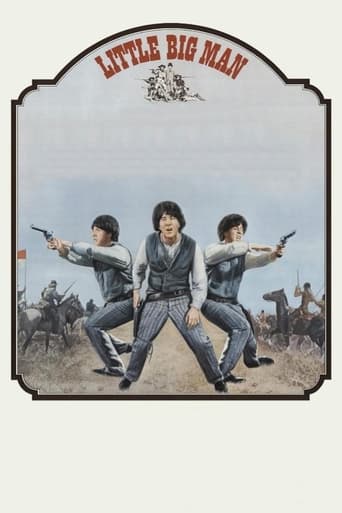

Reviews
Very very predictable, including the post credit scene !!!
One of my all time favorites.
Good movie but grossly overrated
It's easily one of the freshest, sharpest and most enjoyable films of this year.
The Texas Rangers (1936)Routine. There are elements here of Westerns earlier (there were hundreds of obscure ones) and Westerns later (including some well known ones), with stagecoach holdups and cowboy and Indian battles (the Indians lose again) and with pioneer justice. All of the above, plus a man reluctant to see the love of a lonely and lovely woman out on the edge of nowhere.In a sense, it isn't worth watching if you have other Westerns up your sleeve. But--there has to be a but--the plot is interesting because it turns upside down more times than a tumbleweed, the filming (with Cronjager behind the camera) is straight up and strong, and we get an early look at unlikely Wild West hero, Fred MacMurray. For those who like Westerns, this is a decent mid-30s example, before the explosion of greater examples in 1939.The title is exactly what the movie is about on the surface--the ragtag but well supported Texas lawmen known as the Texas Rangers (legendary enough to not only have a more recent widely panned movie about them made starring Ashton Kushner but also a Baseball Team). It almost is a promo piece for the group, with a voice-over in the beginning like those FBI films of the 1950s. MacMurray is actually a bandit, teamed up with a kind of goofy second lead, Jack Oakey. In fact, it seems like a comedy at first, and the lightweight air never quite lets up.It does get more serious, though, not only about love (briefly) but about the honor and ability of the Rangers to fight not only Indians but outlaws. MacMurray gets in the middle of a major mess because he plays both sides of the game, as outlaw and newbie Texas Ranger. Lloyd Nolan enters the plot after awhile and is a great outlaw of his own. It's hard to take MacMurray seriously in this rough rough world, but the music pumps it up and the scenery is dramatic and he holds his own well enough for a middling movie.And it's a bit long. Even if the plot seems to demand two hours with more and more twists, it loses something of velocity as it goes. King Vidor directed a number of notable silents in the 20s, and a few great 30s films (including the black and white parts of the Wizard of Oz). This one shows the solidity of a great director, and the wobbly backbone of a so-so script.
The Western genre was at a low ebb in the 1930s. It did not die out completely as has sometimes been claimed, but for the most part it was relegated to B-movie status (in fact B-Westerns were what John Wayne spent most of the 30s doing). It's also untrue that the genre was suddenly revived in 1939 by the arrival of Stagecoach. A-budget Westerns had been appearing for a few years before then, but they were odd affairs for the most part, born of a generation who had lost touch with the Old West.The Texas Rangers was perhaps the first of these bigger Westerns, and in many ways it plays like a recap of genre conventions, particularly the more farcical aspects. We have bandits who are good guys deep down, and Indians who might as well be hordes of zombies. Some of the more fun clichés, like an alcoholic judge, are briefly touched upon, but only briefly. The screenplay is on the whole a rather amateurish effort, riding roughshod over logic whenever a gap in the plot needs sewing up. I mean, are we really supposed to believe Jack Oakie is off in the hills counting out his loot by night, and yet is still consistently able to get his job as Stagecoach driver back each morning? Silly, even by the standards of the genre.And yet producer-director King Vidor was the kind of man to take such projects seriously. And he at least has a feel for the form. Too many of these 30s Westerns fail to make proper use of the open plains, which after all is what it's all supposed to be about. Not Vidor though – for him the seemingly endless vistas are an almost continual backdrop. Vidor's outdoor shots give you a real feeling of the emptiness, which is essential. You can't have a character singing "Bury Me Not on the Lone Prairie" unless the prairie looks appropriately lonesome. Vidor's direction of dialogue scenes is immaculate as always, generally holding the actors in long takes with occasional barely-perceptible camera shift, giving a real feeling of smoothness. His handling of action is the opposite, full of wild cuts and crazed angles to give a real feeling of frenzy. One of the most effective manoeuvres he pulls in The Texas Rangers is just before the heroes come face-to-face with the massive band of Indians. We begin with a tracking shot of them riding alongside a rock face, then the camera gradually turns, opening out the space, and eerily revealing the army of natives.Unfortunately not everyone is so suited to the genre. I don't buy MacFred as a Westerner, let alone a bandit. He just doesn't have the demeanour of a two-baths-a-year man. Leading lady Jean Parker is simply bland here, as is her character. Fortunately we do get to see a lot of Jack Oakie, who still doesn't quite look the part but is entertaining nevertheless. Oakie may be a comic but he can really act, as you will see in the one or two scenes where he has to play it straight. Lloyd Nolan is great too – his face says things that aren't in the script. And any picture that has Edward Ellis in is bound to be a treat. He is also the only player with a real bit of Western grit about him.The Texas Rangers may be the Western genre's reunion with big budgets and big stars, but it is really little more than a souped-up B-Western. It is directed with class, but the overall feel is one of shoddiness, mainly because the studios at the time weren't used to the form. They didn't have the stockpile of authentic performers or the ready-made frontier-towns at their disposal. We get the wide-open plains alright, but it takes more than chaps and Stetsons to conjure up the spirit of the Old West.
Jack Oakie a great comedian and character actor who has all but been forgotten plays Henry B. 'Wahoo' Jones and we see him driving a stagecoach against a backdrop of Texas prairie. After he has a funny bit of conversation with his shotgun rider the stage is held up by Jim Hawkins played by Fred MacMurray and Sam 'Polka Dot' McGee played by Lloyd Nolan who is equally great in this film.The stage hold up is very picaresque with Oakie providing most of the humor, there is a sequence where he is crying crocodile tears when the bandits ask for his watch and he tells then that it was a memento from his father, a fade to black reveals, in the next scene around a campfire, that Whaoo, Hawkins, and McGee are all in cahoots and they split the loot and Oakie gets his watch back. After a short interval a voice calls out of the dark that they are surrounded and to get their hands up, and Hawkins kicks out the campfire and we get another fade to black with shots ringing out.We next cut to Wahoo again driving a stage for what we expect is a repeat of the con. This time however the shotgun is a Texas Ranger and at a water stop another comedic display from Wahoo warns Hawkins minus a missing McGee who is planning to rob the stage not to attempt the con. The two outlaws decide that since the Rangers are a tough outfit to go up against maybe they should join them for wages rather than fight them. They get an assignment to track down cattle rustlers and discover their old partner in crime McGee driving a stolen heard with some Mexican vaqueros and they decide that they can con the Rangers using their inside information on money shipments with McGee doing the dirty work.Anyway a love interest and a kid that they rescue from marauding Indians gums up the works and basically Wahoo & Hawkins get "religion".As I started watching this as soon as I heard the name Wahoo a switch clicked and I realized that I saw a remake of this that was called "The Streets Of Laredo" (1949) with William Holden, and William Bendix as "Reuben Whaoo Jones" with a Brooklyn accent. That remake palled in comparison to "The Texas Rangers" the unrepentant bad guy in Laredo sucked compared to Loyd Nolan.Also making a cameo is George "Gabby" Hays as a judge, all in all "The Texas Rangers" in Black & white and even with the predictable Hays Code redemptive moral ending is superior to the remake. Worth a look if you are interested.
What looks on paper like a fairly ordinary entry in the Western genre actually turned out to be something much better than that. Fred MacMurray stars as one of a trio of villains (other members are Lloyd Nolan and Jackie Oakie, both good), two of whom hook up with the Texas Rangers after their stagecoach hold-up scam is rumbled. The duo - MacMurray and Oakie, who join to gain inside info on potential targets - are soon reformed by their experiences and find themselves at odds with former partner Nolan.The writing is very good here at times - and incredibly poor at others. The kangaroo court scene in a converted saloon, which is presumably intended to emphasise MacMurray's conversion to law and order, simply makes him look like as much of a bully as the villain he is attempting to try. Oakie's death scene is very well written though and, despite the situation, its timing comes as a complete surprise.In some respects it's a mystery how this one got past the censors considering MacMurray never really pays for the crimes he committed at the beginning of the film...

